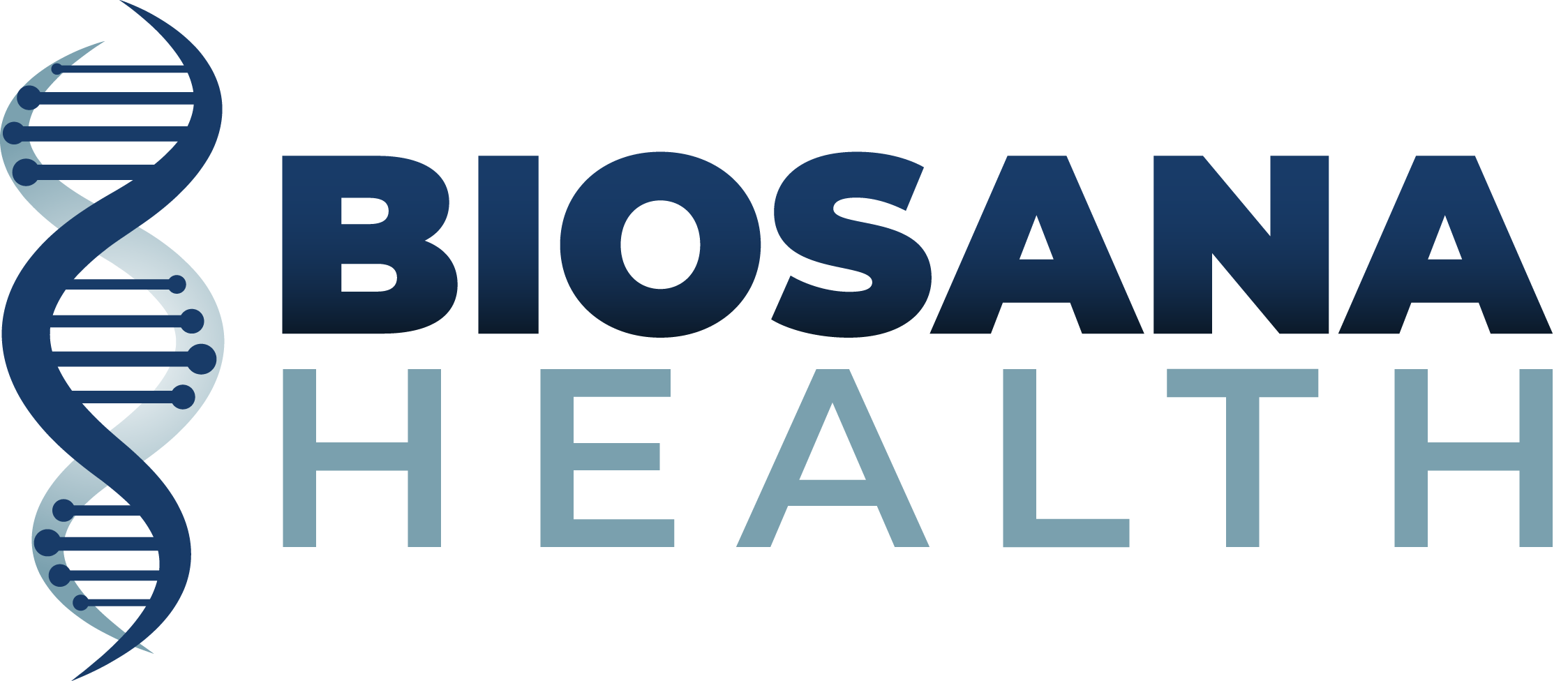Swish Dental Limited T/A BioSana Health– Modern Slavery and Human Trafficking Statement
Introduction
This statement sets out the actions that Swish Dental Limited T/A BioSana Health undertake, to understand all potential modern slavery risks related to its business and to put in place steps that are aimed at ensuring there is no slavery or human trafficking in its own business and its supply chains.
As part of the procurement and manufacturing industry, the Company recognises that it has a responsibility to take a robust approach to slavery and human trafficking.
The Company has a zero-tolerance approach to slavery, trafficking or forced labour in any part of our business and ensures that its supply chains are free from slavery and human trafficking.
Organisational structure and supply chains
Swish Dental Limited T/A BioSana Health is a privately-owned international healthcare, medical and dental products supplier working with an unrivalled network of professional partners across the world. We are experts in all major global trade markets and specialists in Europe, China, South East Asia, and the Indian Subcontinent.
We operate in the UK and around the world, whilst we might handle products imported or exported from around the world and supplied to our customers, there is little no scope for any of the company’s direct activities to be exposed to slavery or human trafficking.
The following is the process by which the company assesses whether particular activities or countries are high risk in relation to slavery or human trafficking.
Responsibility
Responsibility for the company’s anti-slavery initiatives is as follows:
- Policies: The Human Resources Department are responsible for putting in place and reviewing policies and the process by which they were developed.
- Risk assessments: The Health & Safety Department is responsible for human rights and modern slavery risk analysis.
- Investigations/due diligence: The Human Resources Department are responsible for investigations and due diligence in relation to known or suspected instances of slavery and human trafficking and explain their specific role.
- Training: The Company leads the way for staff development, with group members Relevant policies
The company operates the following policies that describe its approach to the identification of modern slavery risks and steps to be taken to prevent slavery and human trafficking in its operations.
- Whistleblowing Policy – The company encourages all its workers, customers and other business partners to report any concerns related to the direct activities, or the supply chains of, the organisation. This includes any circumstances that may give rise to an enhanced risk of slavery or human trafficking. The organisation’s whistleblowing procedure is designed to make it easy for workers to make disclosures, without fear of retaliation.
- Anti-slavery and Human Trafficking Policy – The company is committed to ensuring there is transparency in our organisation and in our approach to tackling modern slavery throughout our supply chains, consistent with our disclosure obligations under the Modern Slavery Act 2015.
- Child Labour Policy – The company is committed to the principles of protecting children from child labour exploitation. The Group believes that their future development and that of the communities and countries in which they live is best served through education not child labour.
- Dignity at Work Policy – The company makes clear to employees the actions and behaviour expected of them when representing the organisation. The organisation strives to maintain the highest standards of employee conduct and ethical behaviour.
- Recruitment Policy –The company and its associated companies use only specified, reputable employment agencies to source labour and always verifies the practices of any agency it is using.
Due diligence and Supply Chain
The company is committed to ensuring that its suppliers adhere to the highest standards of ethics. Suppliers are required to demonstrate that they provide safe working conditions where necessary, treat workers with dignity and respect, and act ethically and within the law in their use of labour. The organisation works with suppliers to ensure that they meet the standards of the code and improve their worker’s working conditions. However, serious violations of the organisation’s supplier code of conduct will lead to the termination of the business relationship.
The company ensures that all overseas partners who operate on behalf of the company abide by the laws and relevant legislations. The company regularly reviews the agreements to ensure they remain compliant.
The company undertakes due diligence when considering taking on new contracts and annually reviews its existing contracts. The company has arrangements with 3rd party suppliers, who provide services, including recruitment and the supply of agency staff.
The company has a preferred supplier list for recruitment agencies, which allows greater control over labour and agency staff. In this way, the company ensures that any agencies used are fully compliant our policies and the current legislation.
Awareness-raising programme
To ensure that the company’s employees understand the basic principles of the Modern Slavery Act 2015 and ensure that the group is 100% compliant, it will continue to ensure that it and its 3rd party suppliers are compliant, and that no Modern Slavery or Human Trafficking is taking place. The company will raise awareness of modern slavery through regular reminders and by adding this statement to the Group’s internet site.
The organisation’s methods of raising awareness of slavery awareness include;
- how to identify the signs of slavery and human trafficking;
- what initial steps should be taken if slavery or human trafficking is suspected;
- how to escalate potential slavery or human trafficking issues to the relevant parties within the organisation;
- what messages, business incentives or guidance can be given to suppliers and other business partners and contractors to implement anti-slavery policies;
The company advises employees of the company’s responsibility, but their responsibility to raise any suspicions or evidence of potential slavery or human trafficking issues to the relevant parties within the organisation.
